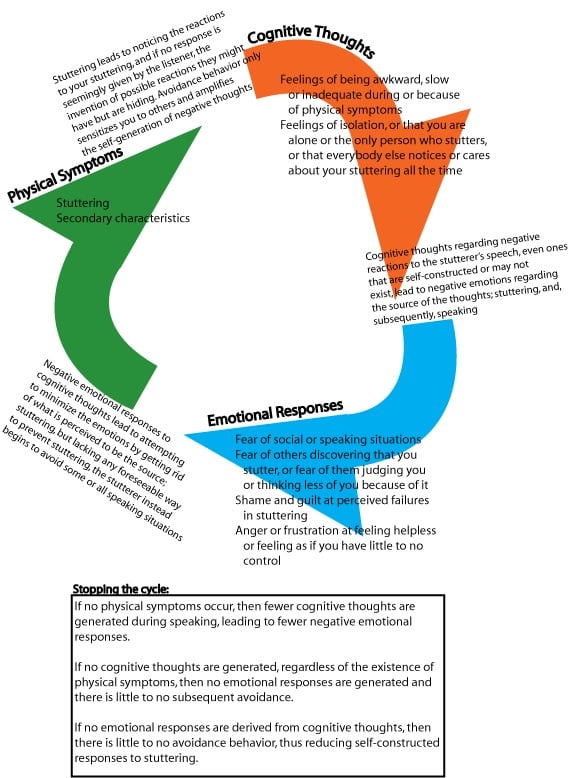Breaking the Cycle of Stuttering
 |
About the presenter: Timothy Koch is a 16 year old homeschooler from St. Paul, Minnesota who has stuttered since he was a small child. He has been in speech therapy for roughly 9 months and aspires to attend college and become a professional video game designer. |
 |
About the presenter: Kathleen Dauer, CCC-SLP, is a Speech and Language Pathologist who owns and practices in her own clinic in St. Paul, MN. She has been in the field for 18 years and graduated from Minnesota State University at Mankato. She was among the inaugaral cadre of stuttering specialists accepted by the Specialty Board of Fluency Disorders. Her love for working with people who stutter and for teaching others about treatment of stuttering grew after she was first assigned a three year old little girl who stuttered severely (87 disfluencies/100) as her very first client and who also recovered after a year of treatment. She owes her love for stuttering treatment to her former professor, the late Dr. Bruce Hanson. |
Breaking the "Cycle of Stuttering"
by Tim Koch and Katie Dauer
from Minnesota, USA
I've stuttered for as long as I can remember. I was homeschooled until 3rd grade, so my speech never bothered me much until then. During the 2 years I spent in public school, most people I knew in school were accepting or supportive, but on occasion there was a jerk who would make fun of me for it. I left public school in 5th grade for reasons unrelated to stuttering and returned to homeschooling, where I remain today.
Even though I never had any cataclysmic events that shattered my self-esteem, my stuttering and my attitude about it grew steadily worse over the next several years. My social life slowly dwindled; I started seeing fewer friends from school as time went on and various engagements died off, as they are wont to do on their own. The problem is that my stuttering robbed me of my confidence to find new friends and social circles.
In an effort to combat this, I first sought speech therapy some time around 2006, during which time I made improvements. But the problem was that the therapist I saw at the time did not truly understand the root of the problem, and worked on only the physical aspects of stuttering, not even mentioning or acknowledging the immense mental and emotional baggage.
My stuttering returned to its old severity over time, even becoming worse than it ever had before. I stopped interacting with people I didn't know entirely; I didn't even speak to store clerks or waitstaff at restaurants unless absolutely necessary. I didn't know where I'd gone wrong; I felt very much like both my old therapist and myself had failed. My parents suggested that I seek a new therapist, which I was originally very opposed to, as it obviously hadn't worked the first time. But eventually I had fallen so far that I was willing to do anything.
Thankfully, my new therapist understood the true nature of stuttering; that as bad as the physical symptoms and mechanics are, the heart and majority of the disorder lie in the stutterer's mind. The thoughts they have and emotions they feel that eat away at their confidence and self-esteem. It was with my new therapist, who is co-writing this paper with me, that I began to learn how to analyze not only my speech but also my thoughts and feelings surrounding it, and to gain the confidence to start undoing the layers of avoidance behaviors I had built up over the years.
As much as we might wish otherwise, there is no 'cure' for stuttering. But there are things you can do to improve your speech and, more importantly, to become comfortable enough with yourself that you, and by extension, those around you, won't care that you stutter.
My current therapy helped me understand that stuttering is composed of three central components, each leading to the next in an endless cycle that will continue until one aspect of it is stopped. I created the following model of my understanding of this important insight below.

Finding a therapist who understands this model and working with them can help you break this cycle. It is a long and arduous journey, filled with hardship and facing your fears, but it is the most rewarding and enlightening thing a person who stutters can experience. However, you must want to make this journey. You can be guided, but you cannot be carried.

